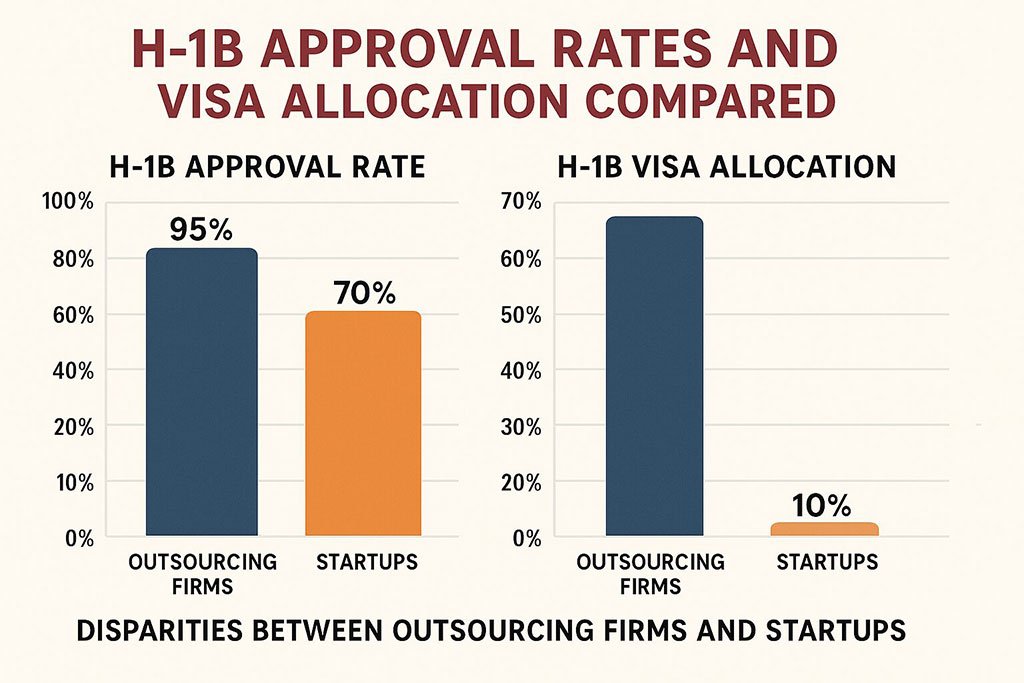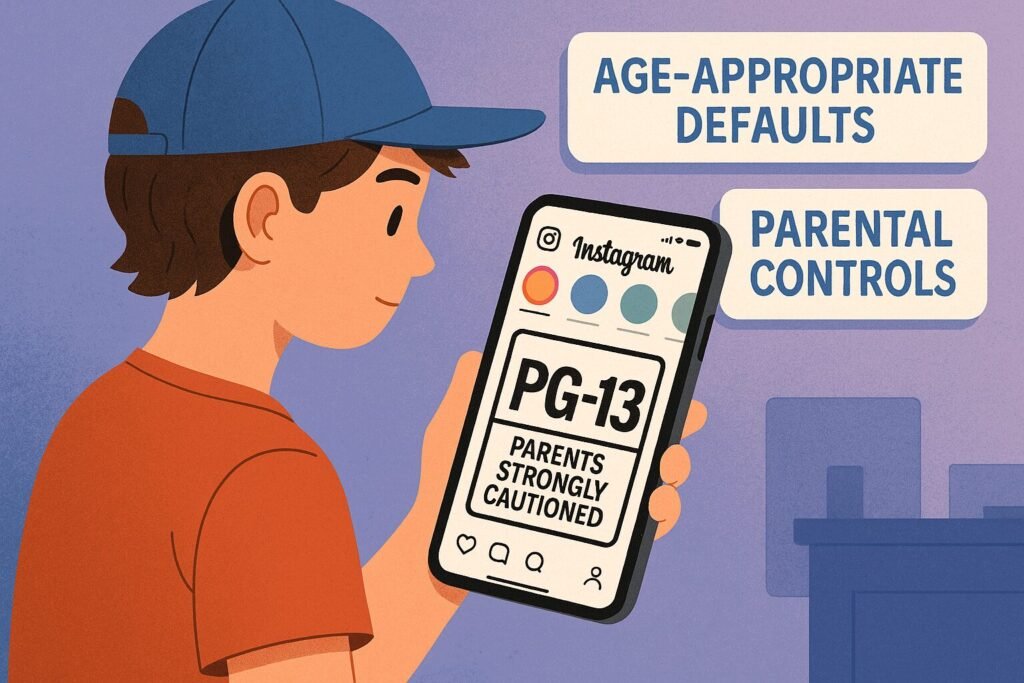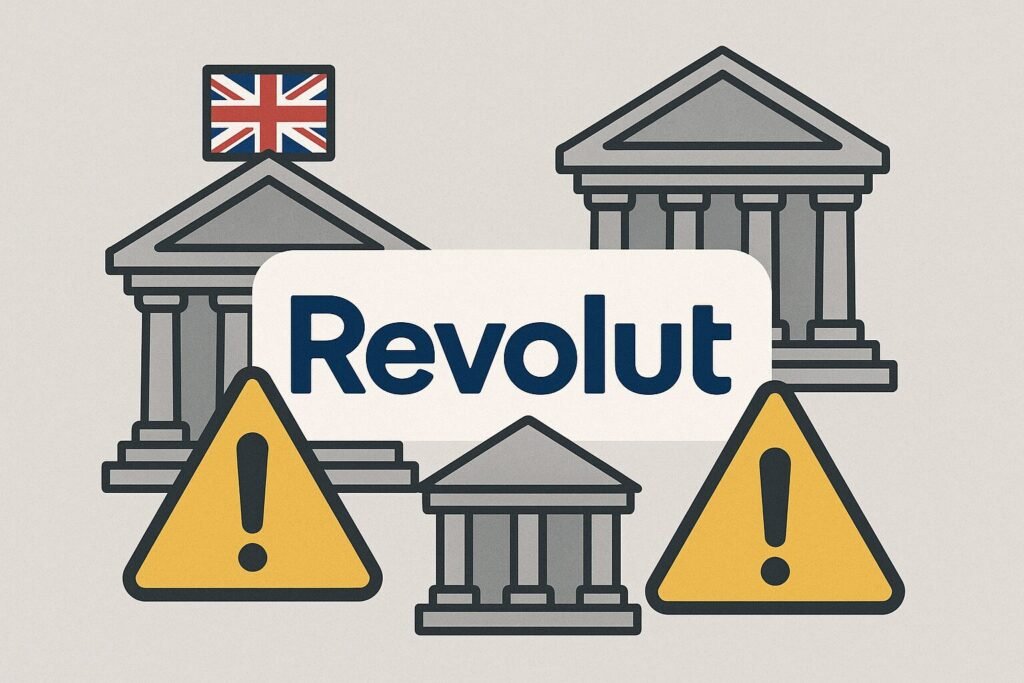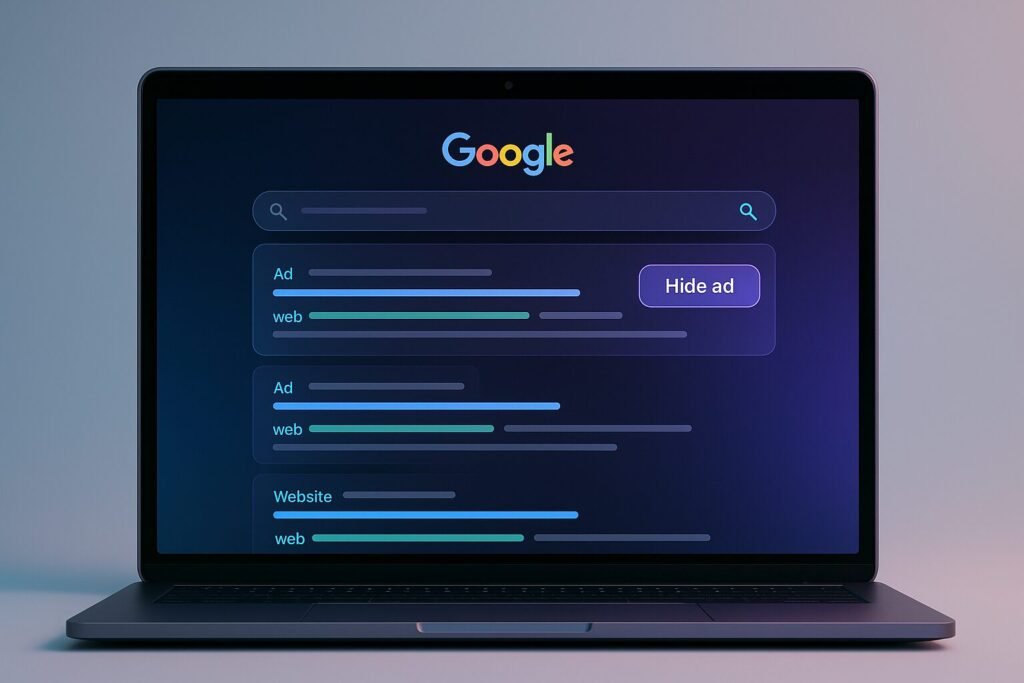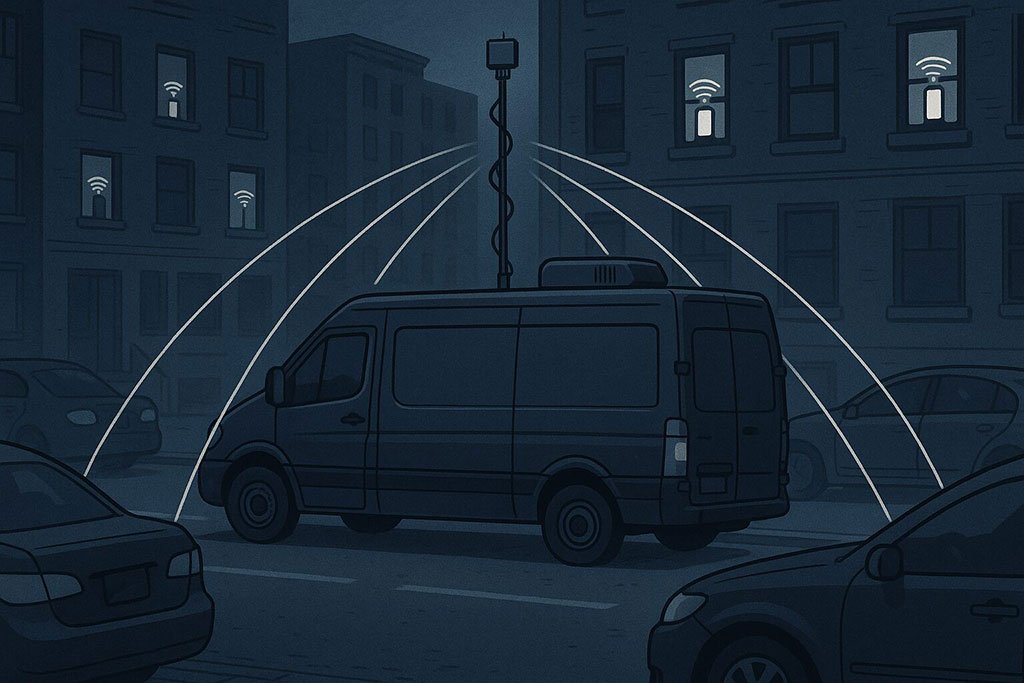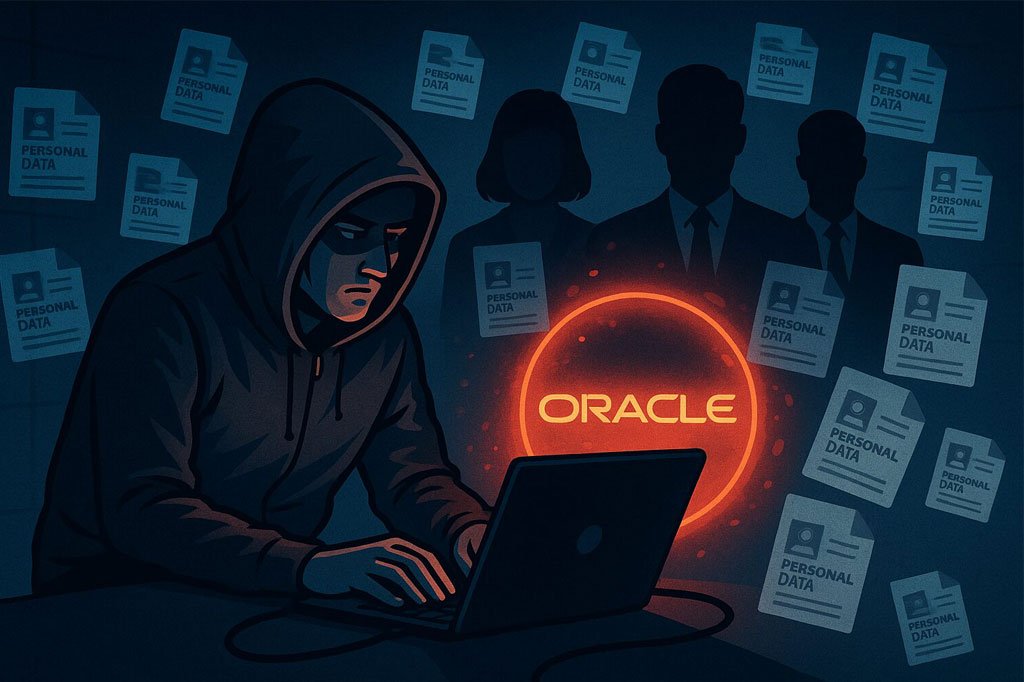Now Reading: Book Now, Pay Later – Airbnb’s Game-Changing Feature for U.S. Guests
-
01
Book Now, Pay Later – Airbnb’s Game-Changing Feature for U.S. Guests
Book Now, Pay Later – Airbnb’s Game-Changing Feature for U.S. Guests

Airbnb’s New Payment Option
Airbnb has introduced a transformative feature for U.S. travelers called Reserve Now, Pay Later, designed to make booking accommodations more flexible and accessible. Launched on August 14, 2025, this option allows eligible U.S. guests to secure a booking for domestic stays without paying anything upfront, aligning Airbnb’s booking model closer to traditional hotel reservations. This blog post dives into the details of this innovative feature, its benefits, potential drawbacks, and what it means for both guests and hosts.
What is Reserve Now, Pay Later?
How It Works
The Reserve Now, Pay Later feature enables U.S. guests to book eligible domestic stays without an immediate financial commitment. When a guest selects this option at checkout, Airbnb displays the total cost and a specified payment due date, typically set before the listing’s free cancellation period ends. The payment is automatically charged to the guest’s original payment method unless updated within 72 hours of a failed payment attempt. If payment isn’t completed, Airbnb cancels the booking, ensuring hosts can re-list the property.
This feature applies to listings with flexible or moderate cancellation policies:
-
Flexible: Guests can cancel up to 24 hours before check-in for a full refund.
-
Moderate: Guests can cancel up to five days before check-in without a fee.
Unlike traditional “buy now, pay later” models that split payments into installments, this feature requires the full amount to be paid closer to the check-in date, offering a delay in payment rather than a payment plan.
Eligibility and Availability
Currently, Reserve Now, Pay Later is available for U.S. guests booking domestic stays and has been trialed in Canada as well. Not all listings qualify; eligibility depends on Airbnb’s internal criteria, primarily tied to the host’s cancellation policy. Guests are informed at checkout if the option is available, and no additional fees are charged for using this feature.
Why Airbnb Introduced This Feature
Meeting Traveler Needs
Airbnb’s decision to roll out Reserve Now, Pay Later stems from evolving traveler preferences. A survey conducted by Airbnb and Focaldata in July 2025 revealed:
-
60% of U.S. travelers value flexible payment options when booking accommodations.
-
55% use flexible payment methods when available, with 10% always opting for them.
-
42% have missed out on preferred accommodations due to delays in coordinating payments, especially for group trips.
This feature caters to budget-conscious travelers and those planning group trips, allowing them to secure bookings without immediate financial strain. It’s particularly appealing for those who need time to arrange funds or align plans with co-travelers.
Boosting Host Bookings
Airbnb aims to increase booking conversions by reducing the financial barrier at the time of reservation. By offering greater flexibility, the platform hopes to attract more guests, ultimately benefiting hosts. Listings with flexible or moderate cancellation policies are already accustomed to accommodating cancellations, and Airbnb ensures hosts receive payouts according to their chosen policy, regardless of the guest’s payment method.
Benefits for Guests and Hosts
Advantages for Guests
-
Financial Flexibility: Guests can reserve a stay without upfront costs, making travel planning more manageable, especially for group trips or last-minute bookings.
-
Clear Payment Terms: The payment due date is communicated at checkout, ensuring transparency and no surprises.
-
No Extra Fees: Unlike some third-party “buy now, pay later” services, Airbnb’s feature incurs no additional charges.
Advantages for Hosts
-
Increased Bookings: The flexibility may attract more guests, particularly those hesitant to commit large sums upfront, potentially boosting occupancy rates.
-
Unchanged Cancellation Policies: Hosts retain control over their cancellation terms, ensuring consistency in their payout schedules.
-
Airbnb’s Payment Assurance: Airbnb handles payment collection, reducing the risk of non-payment by canceling bookings if guests fail to pay by the due date.
Potential Drawbacks and Risks
Challenges for Guests
-
Risk of Cancellation: If a guest fails to update their payment method or lacks funds by the due date, the booking is automatically canceled, potentially disrupting travel plans.
-
No Installment Option: Unlike Airbnb’s Pay Over Time with Klarna or Pay Part Now, Part Later, this feature requires the full payment in one go, which may still be challenging for some.
Challenges for Hosts
-
Last-Minute Cancellations: Guests who can’t afford the payment closer to check-in may cancel, leaving hosts with vacant slots during peak periods.
-
Dependency on Airbnb: Hosts rely on Airbnb’s payment processing system, and any technical issues could delay payouts or require support intervention.
-
Potential for Non-Paying Guests: Although Airbnb cancels unpaid bookings, prime dates may be temporarily blocked by guests who don’t follow through, leading to lost opportunities.
How It Differs from Other Airbnb Payment Options
Airbnb already offers other flexible payment methods, but Reserve Now, Pay Later stands out:
-
Pay Part Now, Part Later: Guests pay a portion (e.g., 20% or 50%) at booking and the rest closer to check-in.
-
Pay Over Time with Klarna: Guests can split payments into four installments over six weeks, but this involves a third-party provider.
-
Reserve Now, Pay Later: No upfront payment, no installments, and managed directly by Airbnb, with the full amount due before the free cancellation period ends.
This feature prioritizes simplicity and aligns with hotel-like booking models, where payment on arrival is common.
What Hosts Need to Know
Hosts should be aware of the following:
-
No Policy Changes Required: The feature doesn’t alter existing cancellation policies, so hosts can continue operating as usual.
-
Monitor Booking Trends: Hosts may see an uptick in bookings, especially for listings with flexible or moderate policies.
-
Prepare for Cancellations: While Airbnb mitigates risk by canceling unpaid bookings, hosts should have contingency plans for last-minute vacancies.
To maximize benefits, hosts can optimize their listings to appeal to budget-conscious travelers, such as offering competitive pricing or highlighting flexible cancellation policies.
The Bigger Picture – Airbnb’s Strategic Shift
The introduction of Reserve Now, Pay Later signals Airbnb’s ongoing evolution toward a more guest-centric platform. By adopting hotel-like payment flexibility, Airbnb is responding to economic uncertainties and changing consumer behaviors. If successful, this feature could expand beyond the U.S. and Canada, potentially influencing competitors like Booking.com to adopt similar models.
For hosts, this shift underscores the importance of diversifying booking channels. Relying solely on Airbnb increases vulnerability to policy changes, such as payout delays or chargeback liabilities introduced in 2025. Building direct booking channels and maintaining guest relationships can help hosts mitigate risks.
A Win-Win for Travelers and Hosts?
Airbnb’s Reserve Now, Pay Later feature is a bold step toward making travel more accessible while maintaining reliability for hosts. For guests, it offers the freedom to plan without immediate financial pressure. For hosts, it presents an opportunity to attract more bookings, provided they manage the risks of potential cancellations. As Airbnb continues to refine this feature, its success will depend on balancing guest flexibility with host security.







